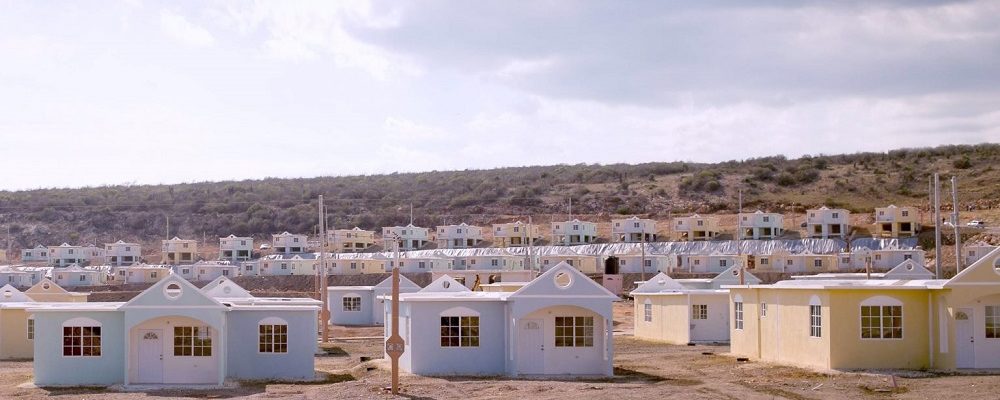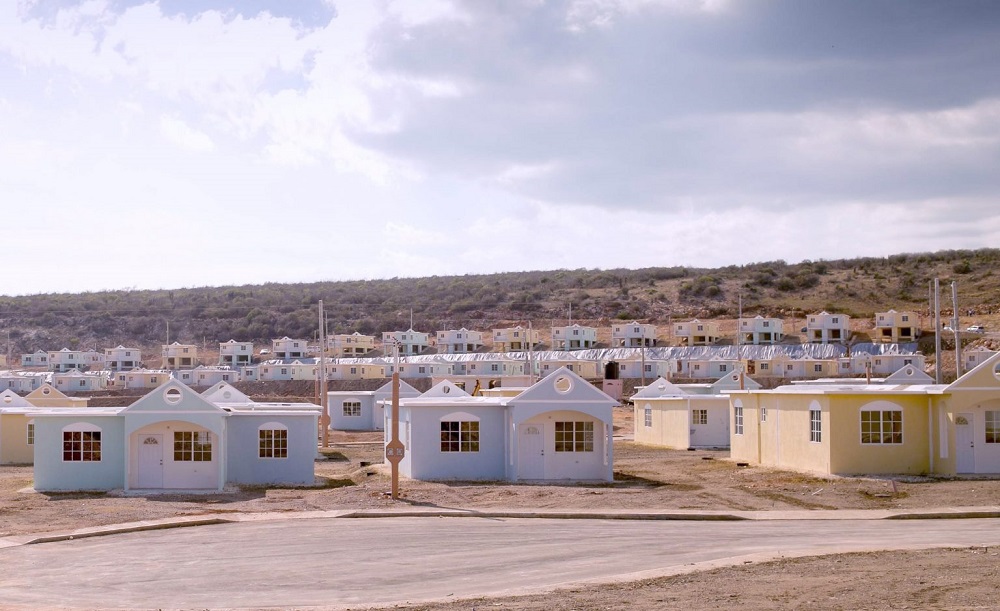
The Portland group of companies is stepping up to the challenge

It is no surprise that many Jamaicans still can not afford to finance a mortgage.
While the government has taken steps to improve housing affordability for Jamaicans, such as reducing interest rates on NHT mortgages and increasing the amount of capital applicants can access through a mortgage, developers are still not catering sufficiently to the low and middle income housing segment and a significant demand-supply gap remains in the market.

Michael Lee-Chin controlled Portland Holdings is now stepping up to help address the long overlooked low and middle income housing segment of the market.
We had a frank conversation with Agha Raza, Director of International Business Development at the Portland group of companies, who shared Portland’s vision with us.

Our Today:
What has motivated the Portland group to help address the housing challenge in Jamaica?
Agha Raza:
Jamaicans are finding it very difficult to purchase homes on their own and the current housing crises is largely fueled by a supply deficit in the low and middle income housing. Most Jamaicans are turning to the National Housing Trust to finance their home purchase, but given the demand and supply gap that currently exists within that segment of housing, the public sector needs support from the private sector to meet the housing needs of the people. We know that the Prime Minister has been calling for private developers to step up and provide solutions for the low-income segments of the housing market. We want to play our part in addressing this challenge.
Our Today:
We all recognize Michael Lee-Chin as a financial services and banking mogul and entrepreneur in addition to being a well-known philanthropist. However, your company is not widely known in the real estate development industry. Is this a new business segment that your company is venturing into?
Agha Raza:
It is true that we are widely recognized as a successful financial services enterprise, but our group has direct ownership interest in a collection of diversified businesses operating in various sectors including real estate. In fact the Portland group has been involved in real estate development and management for almost two decades. The low and middle income housing development initiative in particular represents our strategic partnership with a major Caribbean based developer. Together, our joint venture is well equipped with the expertise and resources to undertake a project of this magnitude.
Our Today:
You had mentioned that the housing crises is a social challenge for Jamaica. Apart from the business aspect of it, why is it important to the Portland group as a diversified global conglomerate?
Agha Raza:
The Portland group of companies operate under the mantra ‘Prosperitas Cum Caritate’, which is Latin for ‘Do well and do good’, and we strongly believe that businesses must seek to improve the social well‑being of the communities in which they operate. Our Chairman’s involvement in philanthropic activities, both in Jamaica and the other countries where we operate, is well known. We recognize that it is important for more Jamaicans to be able to afford homes in order to become socially stable and we want to be part of this change. Jamaicans should have access to well-planned and structured communities where they have complete access to utilities and amenities, as well as infrastructure and transport, to allow them convenient mobility to work, education and health care.
Our today:
We have seen that developers have traditionally not focused on this segment of the housing market. One may conclude that the opportunity to make a profit in such housing developments is difficult. From a business perspective, do you see a commercial opportunity in this segment of the housing market?
Agha Raza:
We certainly see a commercial opportunity in this domain. Our market research indicates that there is a significant unmet market need for housing units under J$ 15 million. Housing developers in Jamaica are focusing on price points that are in reach of only a fraction of Jamaicans. With respect to the low and middle income housing model, profit margins tend to shrink very quickly for a developer the lower they go on the selling price given the fixed infrastructure and land development costs associated with community living. This means that you need to scale up the development sufficiently in order to preserve the commercial viability of the overall project. Naturally large scale developments require a developer with the necessary financial and technical horsepower. That is where we expect to make a difference.







Comments